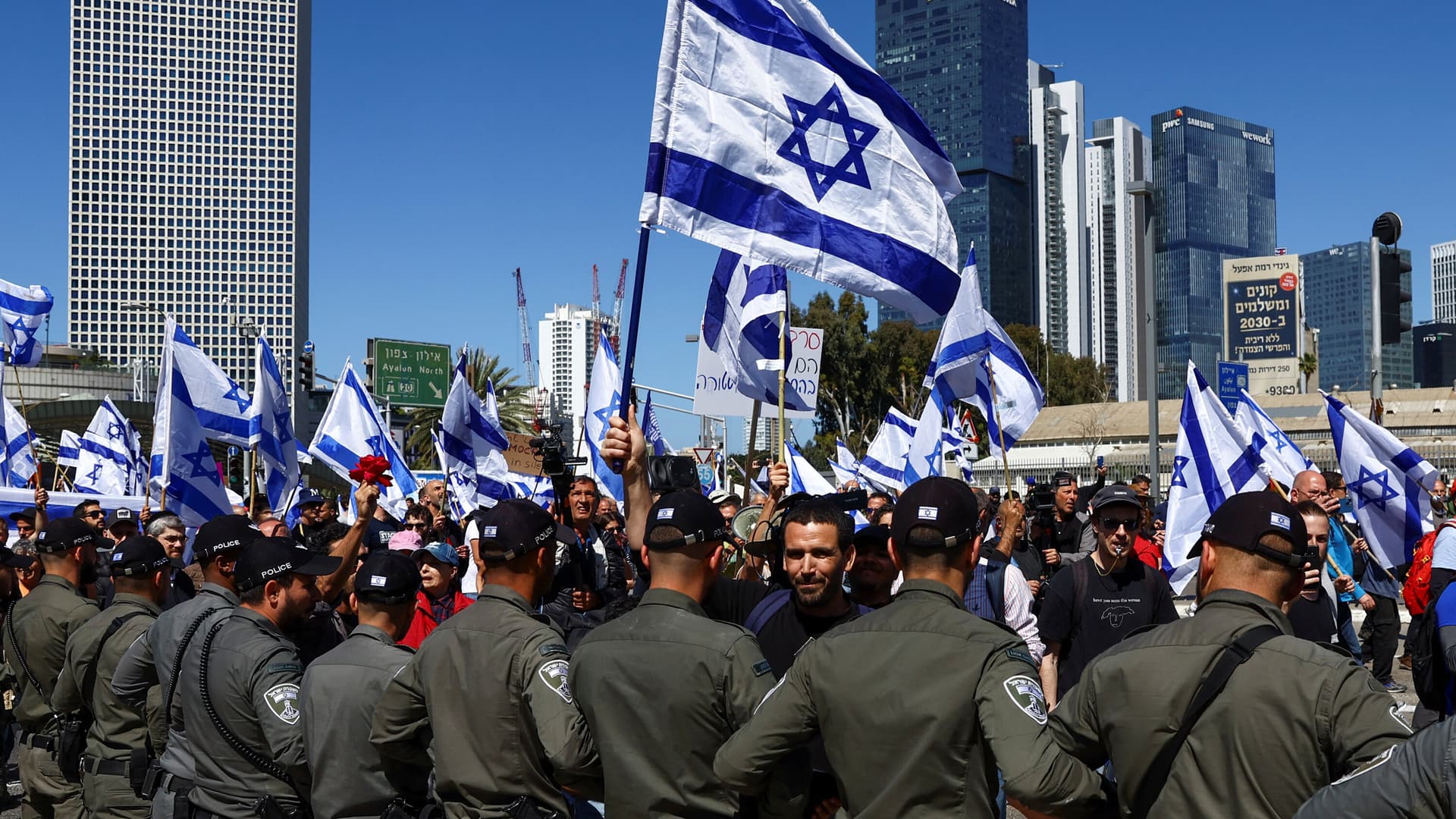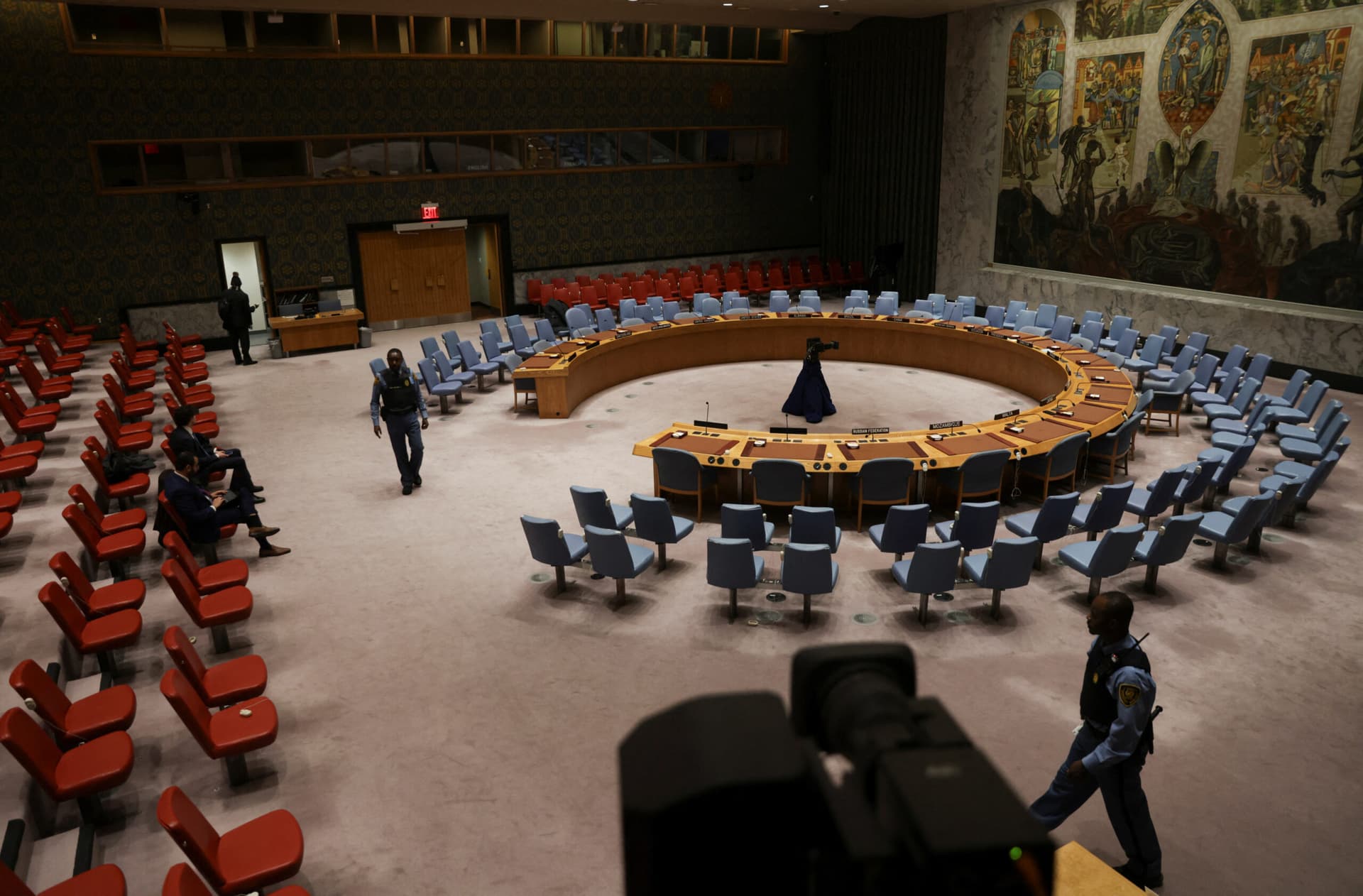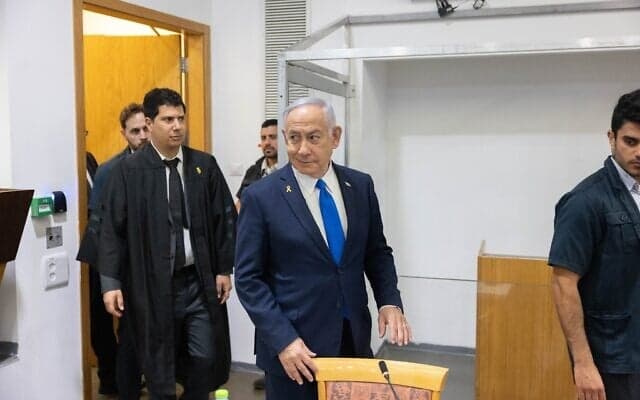Security Heightened for Two UTJ Lawmakers After Haredi Extremist Threats
Israeli security forces increased protection for two United Torah Judaism lawmakers after a Times of Israel report said they had been targeted by threats from Haredi extremists, underscoring deepening fissures within the ultra Orthodox community. The episode raises urgent questions about the state response to political intimidation and the protection of elected representatives in an already tense security environment.

Israeli authorities have stepped up security for two lawmakers from United Torah Judaism after a report that they received threats from Haredi extremists, according to media accounts published on November 17, 2025. The measures, taken as details of the threats emerged, reflect growing concern among officials about violence and intimidation directed at members of the Knesset and other public figures.
The reported threats underscore an uncommon and stark dynamic within the ultra Orthodox community, where mainstream Haredi political leaders and ordinary worshippers often find themselves at odds with a smaller, more radical fringe. United Torah Judaism represents a broad cross section of Haredi voters in the Israeli parliament, and the targeting of its own representatives suggests internal disputes over religion, state relations, and political strategy that have intensified in recent years.
Lawmakers are entitled to protection under Israeli law, and the decision to augment security follows a familiar pattern of stepped up measures once elected officials are identified as potential targets. The episode is likely to prompt investigations by police and other security agencies into the origin and seriousness of the threats, and may lead to criminal charges if perpetrators are identified. Authorities must balance a duty to safeguard public servants with the need to avoid stigmatizing the broader Haredi population, where most adherents reject violence.
The broader political context is significant. Israel has faced a period of heightened societal tension since the October 7 attacks, and domestic political disputes have at times spilled into public demonstrations and confrontations. Threats against lawmakers can have a chilling effect on democratic discourse, undermining the health of parliamentary debate and complicating coalition politics at a moment when governing arrangements are often fragile.
Internationally, incidents of intimidation against elected officials can shape perceptions of Israel’s internal stability and its handling of rule of law issues. Democracies are judged by their ability to protect representatives and to prosecute political violence impartially. How Israel responds will be watched by overseas governments and human rights organizations who monitor freedom of expression and protection from coercion.
Cultural sensitivity is crucial in public discussion of the episode. The Haredi community is diverse, with deep cultural and religious traditions that merit respect. Labeling or broad brush condemnation risks alienating constituents and obscuring the responsibility of those who perpetrate threats. Israeli leaders will face the task of mobilizing law enforcement resources while fostering dialogue within the community to isolate extremist elements.
For now the focus remains on ensuring the safety of the two UTJ lawmakers and bringing any attackers to justice. The incident is a potent reminder that the challenges facing Israeli society are not only external but also internal, and that protecting democratic institutions requires constant vigilance and principled enforcement of the law.

